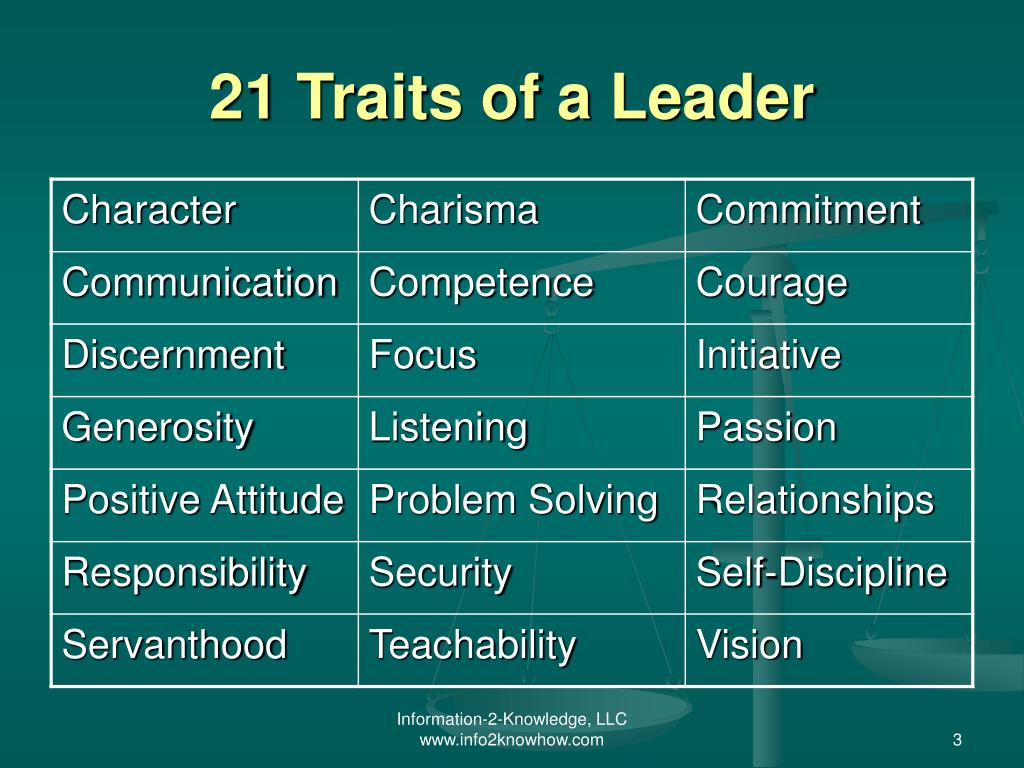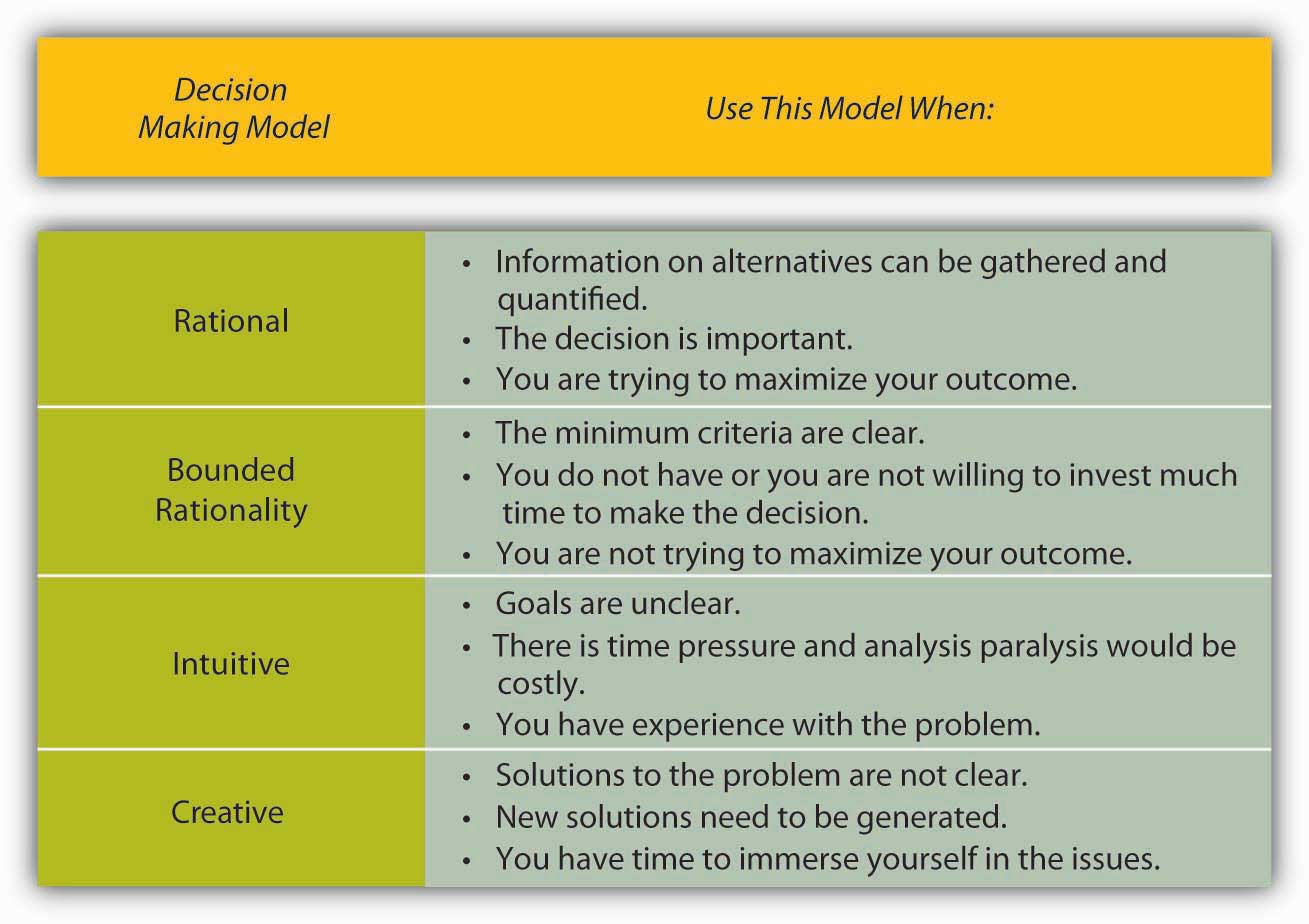The Foundation of Effective Leadership: Understanding Key Characteristics
Leadership is a vital aspect of any organization, team, or community. Effective leaders possess certain qualities that set them apart from others and enable them to inspire, motivate, and guide their team members towards a common goal. While there is no one-size-fits-all definition of a great leader, research has identified 21 essential qualities that distinguish exceptional leaders from others. These qualities are not inherent, but rather can be developed and refined over time with practice, experience, and dedication.
Understanding the key characteristics of effective leadership is crucial for anyone aspiring to lead or currently in a leadership role. By recognizing the importance of these qualities, individuals can focus on developing their strengths and weaknesses, ultimately becoming more effective leaders. In this article, we will explore some of the essential traits of exceptional leaders, including developing a strong vision, emotional intelligence, effective communication, decision-making, adaptability, coaching and development, and accountability.
By examining these qualities, we can gain a deeper understanding of what it takes to be a successful leader and how to cultivate these traits in ourselves and others. Whether you are a seasoned leader or just starting your leadership journey, this article will provide valuable insights and practical advice on how to develop the skills and qualities necessary to achieve exceptional leadership.
Developing a Strong Vision: The Ability to Inspire and Motivate
A clear and compelling vision is essential for effective leadership. It serves as a guiding force that inspires and motivates team members to work towards a common goal. Leaders with a strong vision have the ability to communicate it effectively, aligning their team’s efforts and resources to achieve success. This quality is one of the 21 essential traits of exceptional leaders, and it plays a critical role in driving innovation, growth, and progress.
Developing a strong vision requires leaders to be forward-thinking, strategic, and able to inspire others. They must be able to articulate their vision in a way that resonates with their team, stakeholders, and customers. This involves creating a shared sense of purpose and direction, and empowering team members to take ownership of their roles in achieving the vision.
Effective leaders also recognize that their vision must be adaptable and responsive to changing circumstances. They must be able to pivot and adjust their vision as needed, while remaining true to their core values and mission. By doing so, they can ensure that their team remains focused, motivated, and committed to achieving success.
Emotional Intelligence: The Key to Building Strong Relationships
Emotional intelligence is a critical quality for effective leaders, as it enables them to build strong relationships with their team members, stakeholders, and customers. Leaders with high emotional intelligence are able to understand and manage their own emotions, as well as the emotions of others. This allows them to communicate effectively, empathize with others, and build trust and rapport.
Developing emotional intelligence requires leaders to be self-aware, recognizing their own strengths and weaknesses, as well as their emotional triggers. They must also be able to recognize and understand the emotions of others, and respond in a way that is empathetic and supportive. This involves active listening, asking open-ended questions, and providing feedback that is constructive and actionable.
Leaders with high emotional intelligence are also able to manage conflict and difficult conversations effectively. They are able to remain calm and composed under pressure, and respond in a way that is respectful and professional. By doing so, they can build strong relationships with their team members and stakeholders, and create a positive and productive work environment.
One of the 21 essential qualities of a leader, emotional intelligence is a key differentiator between effective and ineffective leaders. By developing this quality, leaders can build strong relationships, achieve their goals, and create a positive and productive work environment.
Effective Communication: The Art of Listening and Responding
Effective communication is a critical quality for leaders, as it enables them to convey their vision, goals, and expectations to their team members and stakeholders. Leaders who possess strong communication skills are able to articulate their message clearly, concisely, and persuasively, and are able to listen actively and respond thoughtfully.
Active listening is a key component of effective communication, as it allows leaders to understand the needs, concerns, and ideas of their team members and stakeholders. By listening carefully and responding thoughtfully, leaders can build trust and rapport with their team members, and create a positive and productive work environment.
Effective communication also involves being able to adapt one’s communication style to different audiences and situations. Leaders must be able to communicate effectively with team members, stakeholders, and customers, and must be able to adjust their communication style to suit the needs and preferences of each group.
One of the 21 essential qualities of a leader, effective communication is a key differentiator between effective and ineffective leaders. By developing strong communication skills, leaders can build trust and rapport with their team members, achieve their goals, and create a positive and productive work environment.
Leaders can improve their communication skills by practicing active listening, asking open-ended questions, and providing feedback that is constructive and actionable. By doing so, they can become more effective communicators and achieve greater success in their leadership roles.
Decision-Making: The Ability to Weigh Options and Take Calculated Risks
Effective decision-making is a critical quality for leaders, as it enables them to make informed decisions that drive results and achieve their goals. Leaders who possess strong decision-making skills are able to weigh options, consider different perspectives, and take calculated risks to achieve success.
The decision-making process involves several key steps, including defining the problem or opportunity, gathering information, evaluating options, and selecting a course of action. Leaders must be able to navigate this process effectively, using their critical thinking skills to analyze data, identify patterns, and make informed decisions.
One of the key qualities of effective decision-makers is the ability to take calculated risks. This involves weighing the potential risks and rewards of different options, and selecting the course of action that is most likely to achieve the desired outcome. Leaders who are able to take calculated risks are able to drive innovation, achieve growth, and stay ahead of the competition.
Leaders can improve their decision-making skills by developing a clear understanding of their goals and objectives, gathering relevant data and information, and evaluating options carefully. They must also be able to communicate their decisions effectively, providing clear explanations and justifications for their choices.
By developing strong decision-making skills, leaders can achieve greater success in their roles, drive results, and build trust with their team members and stakeholders. This is one of the 21 essential qualities of a leader, and it is critical for achieving success in today’s fast-paced and competitive business environment.
Adaptability: The Ability to Pivot and Adjust to Changing Circumstances
Adaptability is a critical quality for leaders, as it enables them to pivot and adjust to changing circumstances, priorities, and expectations. Leaders who possess high adaptability are able to navigate complex and dynamic environments, and are able to make adjustments as needed to achieve their goals.
Adaptability involves being able to adjust one’s approach, strategy, and tactics in response to changing circumstances. This requires leaders to be flexible, resilient, and able to think on their feet. They must be able to analyze new information, reassess their priorities, and make adjustments as needed.
One of the key benefits of adaptability is that it enables leaders to stay ahead of the curve and respond to changing market conditions, customer needs, and technological advancements. By being able to pivot and adjust, leaders can stay competitive, drive innovation, and achieve success in a rapidly changing world.
Leaders can develop their adaptability by staying curious, seeking out new information and perspectives, and being open to new ideas and approaches. They must also be able to communicate effectively with their team members and stakeholders, and be able to build trust and credibility with their audience.
By developing high adaptability, leaders can achieve greater success in their roles, drive results, and build trust with their team members and stakeholders. This is one of the 21 essential qualities of a leader, and it is critical for achieving success in today’s fast-paced and rapidly changing business environment.
Coaching and Development: The Ability to Grow and Develop Others
Coaching and development is a critical quality for leaders, as it enables them to grow and develop their team members, and help them achieve their full potential. Leaders who possess strong coaching and development skills are able to identify the strengths and weaknesses of their team members, and provide guidance and support to help them improve.
Effective coaching and development involves creating a supportive and encouraging environment, where team members feel comfortable taking risks and trying new things. Leaders must be able to provide constructive feedback, set clear goals and expectations, and help their team members develop the skills and knowledge they need to succeed.
One of the key benefits of coaching and development is that it enables leaders to build a strong and capable team, and help their team members achieve their career goals. By investing in the growth and development of their team members, leaders can improve job satisfaction, reduce turnover, and increase productivity.
Leaders can develop their coaching and development skills by seeking out training and development opportunities, and by practicing active listening and empathy. They must also be able to communicate effectively with their team members, and provide feedback that is constructive and actionable.
By developing strong coaching and development skills, leaders can achieve greater success in their roles, and help their team members achieve their full potential. This is one of the 21 essential qualities of a leader, and it is critical for achieving success in today’s fast-paced and competitive business environment.
Accountability: The Ability to Take Ownership and Responsibility
Accountability is a vital trait of effective leaders, as it enables them to take ownership and responsibility for their actions and decisions. This quality is essential in building trust and credibility with team members, stakeholders, and customers. When leaders demonstrate accountability, they show that they are committed to their goals and are willing to be answerable for the outcomes. This, in turn, fosters a culture of transparency, openness, and accountability within the organization.
One of the key characteristics of accountable leaders is their ability to acknowledge and learn from their mistakes. Rather than shifting the blame or making excuses, they take responsibility for their errors and use them as opportunities for growth and improvement. This approach not only helps to build trust but also encourages team members to do the same, creating a culture of accountability and continuous learning.
Accountable leaders also prioritize transparency and open communication. They keep their team members informed about the organization’s goals, progress, and challenges, and they encourage feedback and suggestions. This helps to build trust and ensures that everyone is working towards the same objectives. By being transparent and open, leaders can also identify potential problems early on and take corrective action to mitigate their impact.
In addition to transparency and open communication, accountable leaders also lead by example. They demonstrate the behaviors and values they expect from their team members, and they hold themselves to the same standards. This helps to create a culture of accountability, where everyone is expected to take ownership and responsibility for their actions and decisions.
Developing accountability is an essential part of becoming a successful leader. By taking ownership and responsibility for their actions and decisions, leaders can build trust, credibility, and a culture of transparency and openness. As one of the 21 qualities of a leader, accountability is a vital trait that can help leaders achieve their goals and drive success in their organizations.






